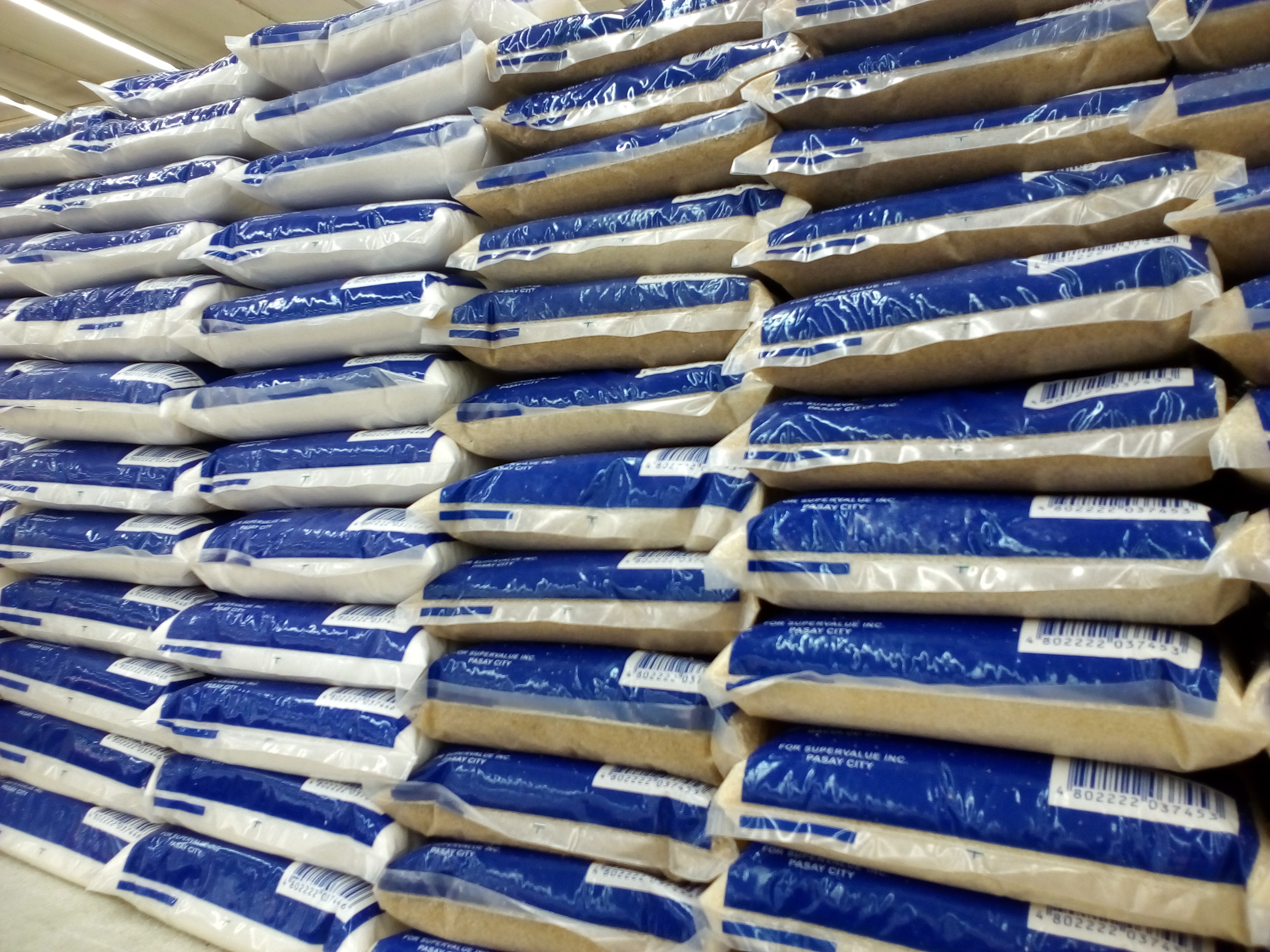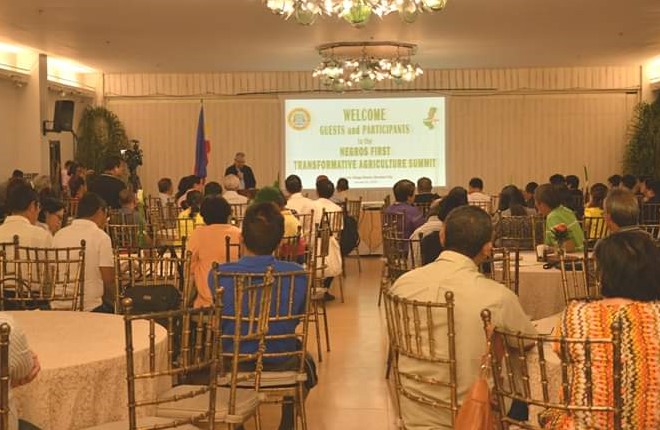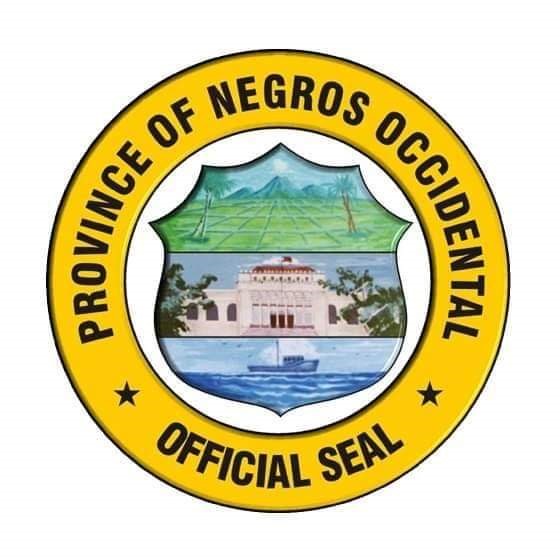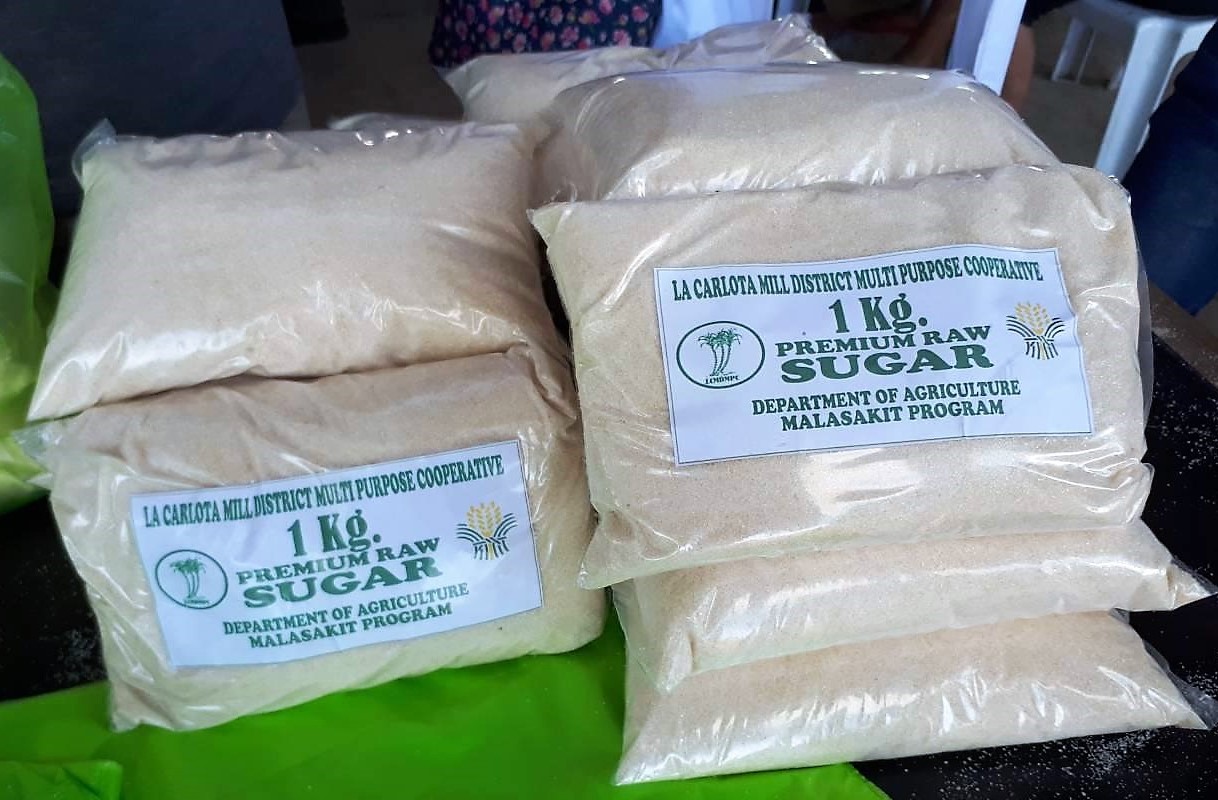MANILA — Sugar stakeholders ended their two-day summit Tuesday amid calls for a review as to how the Sugar Industry Development Act (SIDA) funds were spent as well as for revival of the Philippine Sugar Corporation (PhilSuCor).
Agriculture Secretary Emmanuel “Manny” Piñol, at the sidelines of the summit, said the meeting was called to discuss critical issues among which was the proposal to liberalize the sugar industry, and if that happens, “we would like the industry to be prepared.”
Among the proposals that stakeholders submitted, he said, was to review the utilization of SIDA funds.
“The feeling of the stakeholders the distribution of the SIDA funds were not focused on the needs of the industry. So, they came out with a resolution asking for a review and possible amendment of SIDA,” he said.

The stakeholders also passed a resolution asking the President to revive the Philippine Sugar Corporation (PhilSuCor).
“They (stakeholders) said they have difficulty to get loans from the Land Bank of the Philippines given the nature of the bank that is just following the guidelines issued by the Central Bank of the Philippines,” he said.
“They feel that PhilSuCor was more responsive to their needs. The release of loans would also be faster thru the PhilSuCor,” he added.
President Rodrigo Duterte has ordered the abolition of PhilSuCor, saying its function is no longer needed.
In his Memorandum Order No. 30 signed Oct. 25, the President said PhilSuCor is no longer needed as much of the financing needs of sugar mills are already being provided by private banking and financing institutions in addition to the lending facilities offered by the Development Bank of the Philippines and Land Bank of the Philippines.
PhilSuCor, a government-owned and controlled corporation (GOCC), was created on Nov. 14, 1983 primarily to provide financing in the acquisition, rehabilitation, and expansion of sugar mills, refineries, and other related facilities used in the manufacture, packing, storage, distribution, and shipment of sugar and its by-products and derivatives.
The stakeholders also submitted a position paper opposing the liberalization of the sugar industry, saying this will be detrimental to sugar farmers where 80 percent are land reform beneficiaries.
Confederation of Sugar Producers spokesman Raymond Montinola noted that unrestricted importation “will be disastrous for an industry that directly employs over 700,000 workers in 28 provinces, with another five million Filipinos dependent on it for their livelihood, as estimated by the Department of Agriculture and the Board of Investments.”
“Import liberalization will ruin the balance of domestic goods. Small farmers will be unable to make a decent living when prices dive below production cost. Sugar mills with billions of investments in the countryside will be bankrupted. Financial institutions will be unable to collect on loans, including the repayment of ARBs for distributed landholdings,” he said.
“The truth is these food processors/exporters are allowed to import sugar, subject of course to controls by the SRA. Last year, in fact, over 62,000 metric tons of sugar were allocated to that industry. Close monitoring by the SRA is crucial to prevent them from defrauding government of revenues as happened in the past when food processors leaked cheap imported sugar into the domestic market,” Montinola added.
Meanwhile, Piñol said the stakeholders also agreed that they should be competitive, that’s why they asked the government to have access to high yielding varieties.
The group also proposed that the solar irrigation project be extended to the sugar industry.
Sugar stakeholders also asked that summit be held at the DA on an annual basis or as the need arises, he added.
Piñol emphasized that the DA “would always be neutral in as far as decision is concerned.”
“We cannot take specific issues because we are part of the administration. Our role is to listen to them and relay whatever it is that they would like the President and the economic managers would like to listen to,” he said. (PNA)




